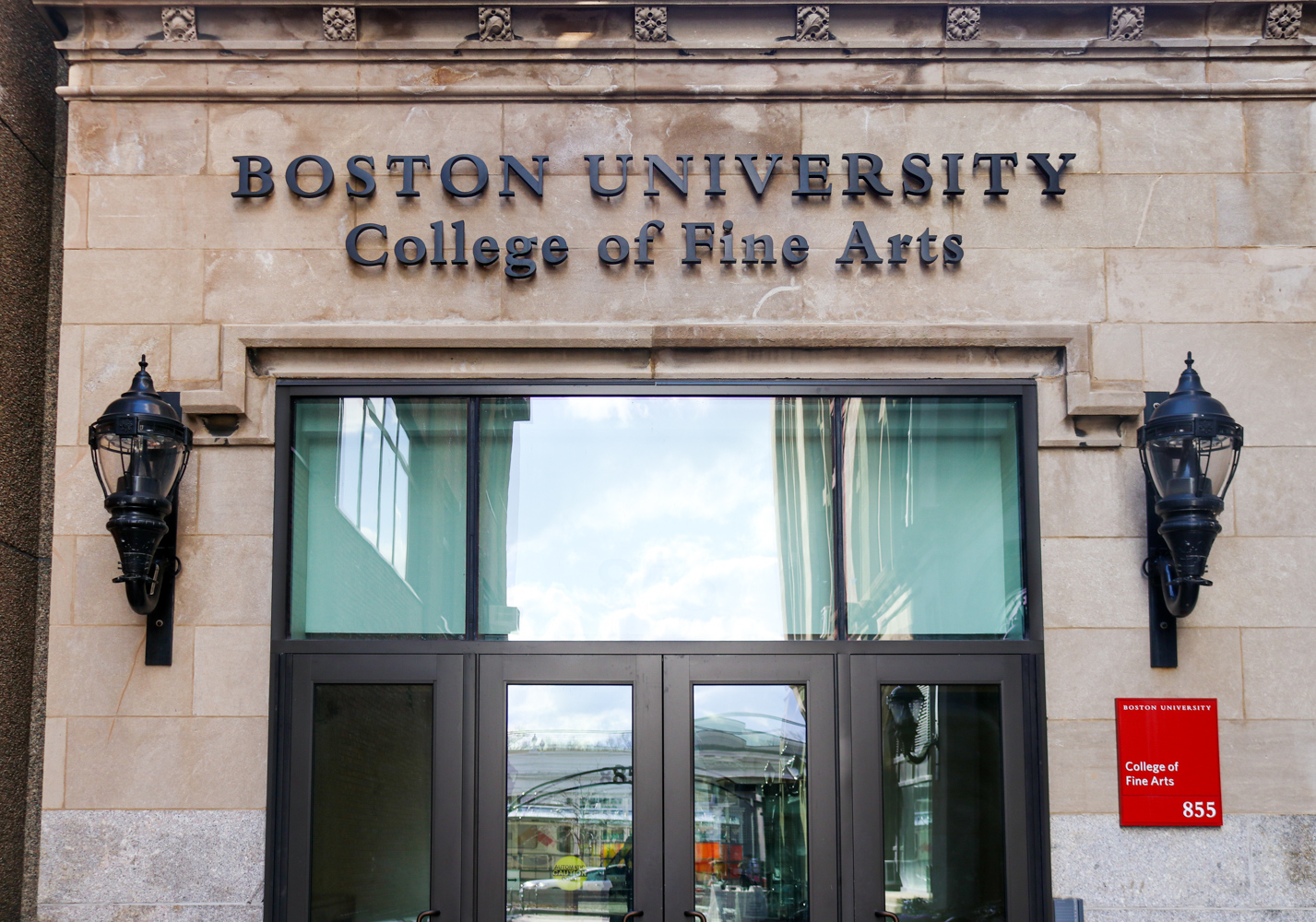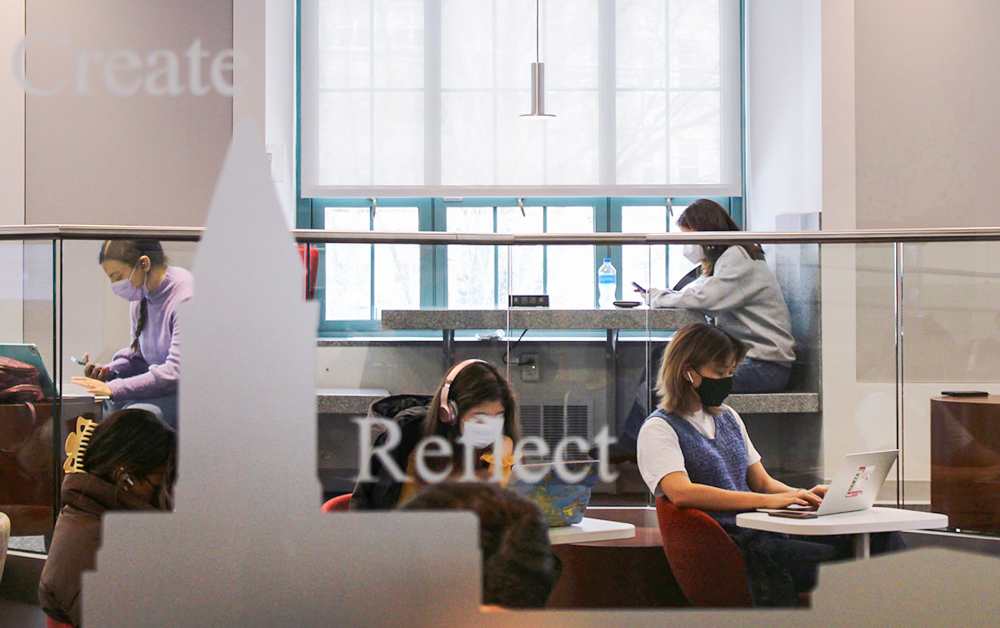Moody’s Investor Service upgraded Boston University’s credit rating to A1 from A2 Wednesday, citing BU’s growing reputation as a prominent research university, according to a Moody’s release.
Moody’s also moved BU’s outlook to stable from positive. The upgrade impacts $1.1 billion in debt held by BU, according to the release.
An improved credit rating assures investors that they can more safely lend to BU without worrying about default, said Laurence Kotlikoff, a professor of economics and a member of the budget committee.
“BU borrows a lot of money to put up buildings, for example the student high-rises, the university borrowed money to erect them and then … uses the room and board fees it collects to help repay the borrowing,” Kotlikoff said.
He said the improved rating allows BU to borrow at a lower rate of interest.
“When the credit rating is upgraded like this it means that BU can borrow at a lower rate, and that makes it easier for the university to do other things,” he said. “It has more money for educational endeavors, initiatives — so this is good news.”
BU spokesman Colin Riley said the upgrade speaks for itself.
“It’s an improved outlook, obviously it talks about the university’s strengths and challenges but the strengths certainly suggest that the university is doing well and having success. It is extremely well managed, prudently managed, and I credit the senior administration, the president … in that area,” Riley said.
Moody’s cited improved leadership over the last seven years, substantial real estate holdings, and a large and diverse revenue base as BU’s strengths, which were taken into account before the upgrade.
“Around 35 to 45 percent of the revenues of the university are coming from business activities that the university has developed over the years,” Kotlikoff said. “The bookstore, the university has real estate, they have some different enterprises, so over the years [former Executive Vice President] Joe Mercurio who is no longer with the university and other executives developed commercial enterprises so that the university’s revenue base is not entirely tuition based.”
Among BU’s challenges are a significant debt, which Moody’s reported at $1.3 billion in the 2012 fiscal year, with $120 million in additional debt expected by spring 2013, a highly competitive student market in Boston and BU’s relatively high tuition and a complex debt structure.
Despite the challenges, however, Kotlikoff said the upgraded rating is good news for BU’s upcoming projects.
“So when the credit rating is upgraded like this it means that BU can borrow at a lower rate, and that makes it easier for the university to do other things,” he said. “It has more money for educational endeavors — initiatives — so this is good news.”
























































































































